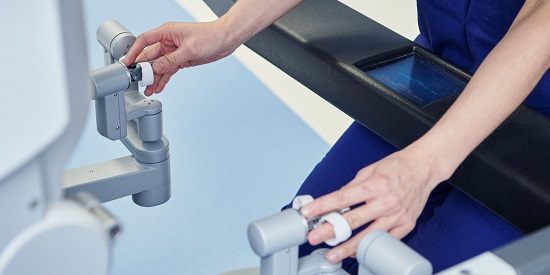Deakin Centre fighting COVID19 in rural emergency departments
Media release
Deakin University's Centre for Rural Emergency Medicine (CREM) has helped guide the creation and implementation of fit-for-purpose COVID-19 guidelines for critical emergency facilities - and the patients they treat - across rural and regional Australia.
Researchers from CREM have contributed to the Australasian College for Emergency Medicine COVID-19 Toolkit, which gives practical advice and safety solutions to meet the needs and demands of smaller rural and regional hospitals, as opposed to larger city-based facilities.
The new toolkit explains how the principles used to counter COVID-19 in large emergency departments can be adapted for facilities in rural and regional towns. It contains examples of how this can be done from across Australia, crafted by rural emergency physicians funded by the Commonwealth Government’s Emergency Education and Training fund.
CREM – a partnership with the Victorian Government, South West Healthcare, Portland District Health and Alcoa of Australia – has been working since 2009 on ensuring the best possible solutions and outcomes for rural emergency services and patients.
CREM Director Clinical Associate Professor Tim Baker said COVID-19 was, and continued to be, as big a challenge for regional and rural communities as major metropolitan areas.
"In Australia, where we may have avoided an unmanageable peak of COVID-19 cases so far, local outbreaks are still possible," Dr Baker said.
"There has already been an outbreak in rural Tasmania, which serves as an important reminder that regional areas are not immune to this pandemic. The possibility of one case at a regional location becoming a COVID-19 cluster is just as real as in a city, so there must be plans set in place to ensure rural emergency departments aren't overwhelmed.
"Despite fewer hospital patients in total and very few rural COVID-19 patients, every rural patient with a cough, fever or shortness of breath must be treated as a possible COVID-19 patient. This means that extra personal protective equipment and procedures are required, and also a plan for how work can be spread among rural emergency facilities, should an outbreak occur.
"We also know that rural patients don't like to be a burden to their local hospital unless they think they're very unwell. Because of this, we're worried that many rural patients may have missed treatment for heart attacks and other serious conditions during the COVID-19 pandemic."
CREM staff have spent the past months participating in government committees and advocating for an equitable share of pandemic resources between rural and urban areas. The Centre has also won a research grant from the Western Alliance to look at how small rural emergency departments have been affected by COVID-19, in conjunction with Deakin Rural Health.
"With 10 years of experience in rural emergency care, our Centre has been well placed to help rural hospitals through the COVID-19 pandemic," Dr Baker said.
"Because the world is now so closely connected, we are unlikely to have to wait so long before the next pandemic – and what we learn about COVID-19 will help keep rural communities safe in the future."

